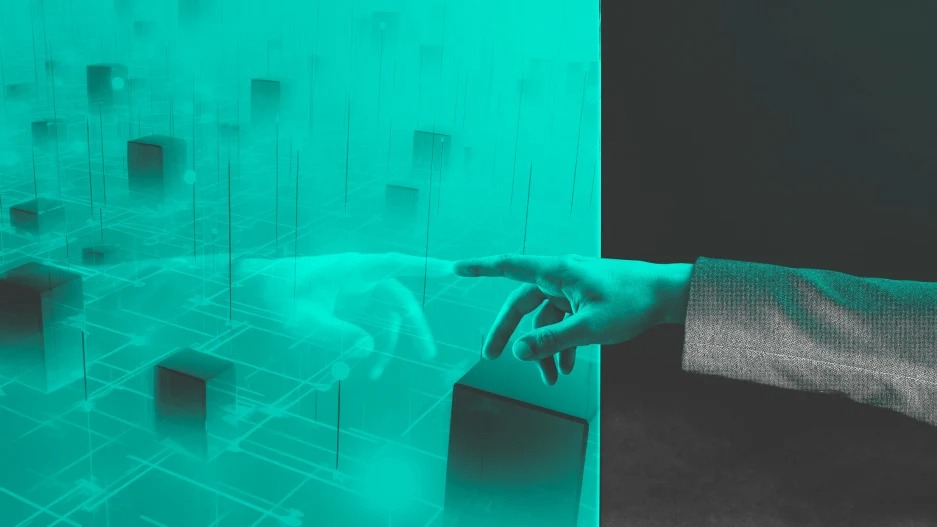- | 8:00 am
The AI industry is even stronger after the drama with Sam Altman and OpenAI
Last month’s chaos at OpenAI opened doors for smaller startups with different alternatives to ChatGPT to showcase their talent and technologies.

It’s official: November is now synonymous with shocking OpenAI announcements. Last year it was the launch of ChatGPT and this year, it was the firing and rehiring of its CEO, Sam Altman. And now, the latest chapter: Microsoft has secured itself a (nonvoting) seat on the OpenAI governing board.
It’s hard to believe that the tech industry can still be subjected to collective shock, but Altman’s unexpected departure did just that. How did the industry respond? Reporters worked overtime for days to get the “latest” story out and OpenAI competitors took advantage of the internal shakeup.
And while Altman is back at OpenAI—his departure lasted less than five days—what exactly did the turmoil and confusion around OpenAI and Altman change about the AI market at large?
IT GAVE A BOOST TO THE REST OF THE AI INDUSTRY
Sam Altman’s departure that Friday was a sudden and shocking surprise that quickly evoked comparisons to Steve Jobs’ ousting from Apple. But OpenAI and even Microsoft are not like the fictional Tyrell Corporation of Blade Runner fame, and the AI industry was not ever going to come to a grinding halt over one man.
Regardless of the pedestal that customers and companies have placed OpenAI on this last year, the reality is that the innovation and technology that the industry is known for does not begin and end with one company, let alone one man. AI competition is fierce; companies of all sizes are now happily seizing the window of opportunity OpenAI’s travails have opened.
If anything, the turmoil and confusion around OpenAI gave a much-needed boost to the rest of the generative AI sector. One example: it opened doors for smaller startups with different alternatives to ChatGPT to showcase talent and technologies. And perhaps more importantly, it allowed OpenAI customers to seriously consider these startups and alternatives.
IT HIGHLIGHTED THE RISK OF DEPENDING ON ONE AI VENDOR
The proverb “Don’t put all your eggs in one basket” was no doubt ringing in the ears of worried OpenAI customers last month. While I don’t fault founders and startups for buying in—literally and metaphorically—into the OpenAI hype, it’s rarely a good idea to entrust all your data to one vendor.
Effective vendor management is an essential component to any organization’s success. When you have inflexible plans or processes in place, you are denying your organization the opportunity to pivot or react accordingly when there are leadership changes or layoffs within a vendor. Whether your organization has a designated vendor management team or not, ensure that you have the right people in place to assess contracts and the capabilities of a vendor to help avoid potential risks.
IT OFFERED A CREDIBILITY BOOST TO OTHER AI PLAYERS
What do you do when your competitor’s ship is sinking?
In the AI startup Anthropic’s case, you take advantage of the chaos and release an update to your large language model. While everyone is distracted by the instability and uncertainty at OpenAI, Google-backed Anthropic quietly released notable upgrades to Claude 2.1—a worthy alternative for many business use cases to ChatGPT.
The chaos might have been detrimental to OpenAI, but it was beneficial to Anthropic who credibly claims that more than 100 OpenAI customers contacted the company during the Altman drama. Let’s also not forget that the founders of Anthropic—siblings Dario and Daniela Amodei—were previously at OpenAI and left in 2020 due to disagreements on the safety of AI. This clever move by Anthropic proves that there are other (some would argue better) alternatives and that customers are willing to jump ship.
OPENAI APPEARS TO WIN TOO
Of course, OpenAI will also likely end up stronger, too. It’s been freed from the constraints of a board whose members are unilaterally uncomfortable with its profit-seeking investments.
Just this week, reinstated CEO Sam Altman confirmed in a blog post that Microsoft would join the board of directors as a nonvoting observer. Although Microsoft is OpenAI’s largest investor, this is the first time it has had a position on the board. This comes shortly after The Information reported that OpenAI was unlikely that Microsoft would fill a board seat. It seems logical to assume that the safety concerns that led the old board to fire Sam will be subordinated to the needs of profit and growth by the new.
The dust might have settled, but there are still unanswered questions around what really happened last month as well as what OpenAI and Altman will do next. Speculation over Q*, a mysterious new AI model that may have rung the safety alarm bells among a small number of OpenAI employees, for the moment, remains just speculation. What the last two weeks have proven is that change can happen in an instant. In such a climate of uncertainty, business and investors alike will be best served by keeping their options open.







































